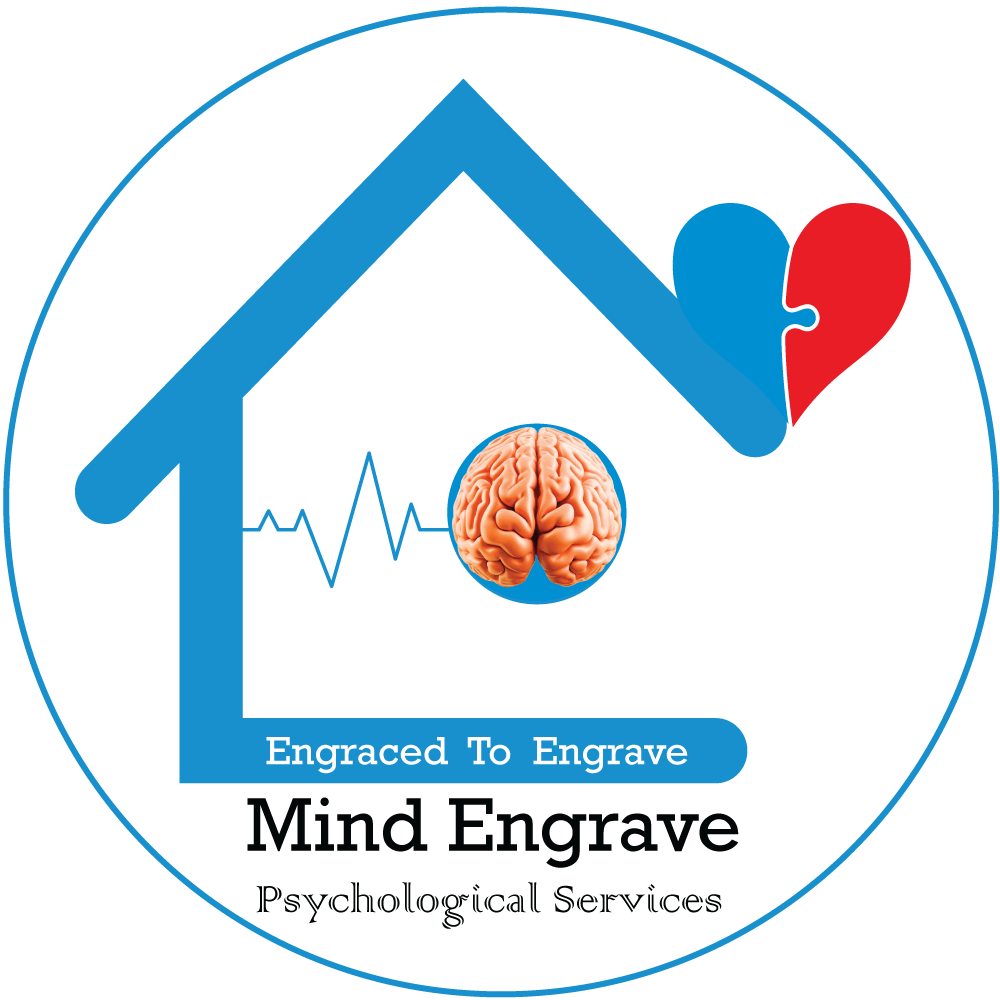Effects of Insomnia: Health Risks and Daily Consequences
Insomnia is more than a nighttime annoyance. It can profoundly disrupt mental, emotional, and physical health. Understanding the evidence-based effects of insomnia helps underscore why it warrants serious attention. Below are ten key impacts:
- Daytime fatigue and somnolence: Individuals with insomnia routinely experience overwhelming fatigue and excessive sleepiness during the day. Research study have shown somnolence events occurring nearly four times more often in untreated insomnia patients compared to non‑insomniac counterparts. This persistent tiredness undermines daily energy and alertness [1].
- Cognitive impairment (memory, attention, problem solving): Meta-analyses reveal that insomnia causes noticeable deficits in working memory, episodic memory, and problem-solving capacity, with small-to-moderate effect sizes (ES = –0.22 to –0.51) when compared with non-sleep-deprived individuals [2] [3]. Objective tests confirm slower thinking and reduced executive function in those with insomnia.
- Impaired concentration and decision-making: Beyond memory, attention and decision-making deteriorate. A meta-analysis demonstrated that sleep disruptions impair higher cognitive functioning such as response inhibition and working memory, even after one night of insufficient sleep [4] [5]. Reduced concentration increases error risk and compromises safety.
- Mood disturbances (irritability, anxiety, depression): Sleep loss elevates risk of depression and anxiety while increasing negative emotional responses. Studies show insomnia significantly heightens irritability and decreases emotional regulation, with bidirectional links to mood disorders [6]. Emotional resilience becomes compromised.
- Reduced quality of life and daily functioning: Untreated insomnia correlates with greater functional impairment in daily living, difficulty managing routine tasks, lower productivity, increased mistakes, and poor social interactions. Real‑world data shows increased emergency room visits, falls, and injuries among those with untreated insomnia [7].
- Physiological stress and endocrine disruption: Chronic insomnia dysregulates the hormonal system, raising evening cortisol, decreasing insulin sensitivity, increasing ghrelin, and lowering leptin, producing cravings, weight gain, and metabolic imbalance. These endocrine shifts elevate risks of obesity and type 2 diabetes.
- Weakened immune response and increased health risks: Ongoing sleep deficiency undermines immune function. Insomnia is associated with elevated incidence of cardiometabolic conditions such as hypertension, ischemic heart disease, heart failure, and stroke, as well as higher rates of obesity and diabetes compared to individuals without insomnia [8].
- Emotional dysregulation and reduced empathy: Lack of sleep compromises emotion regulation, lowering capacity for empathy and stress tolerance. Sleep deprivation increases negative emotional reactions even to minor stressors and diminishes positive feelings such as gratitude, impairing interpersonal relationships.
- Physical weakness and impaired muscle performance: Recent experimental evidence indicates insomnia may accelerate muscle protein degradation and impair muscle function, reducing physical strength (e.g. grip strength losses) and body mass—suggesting insomnia affects basic physical capacity [9].
- Long-term health risk and mortality associations: Severe, chronic insomnia is linked to modest increases in mortality risk, particularly when sleep duration consistently falls below recommended thresholds. Epidemiological studies associate less than 6 hours of sleep, or extreme insomnia with approximately 15 % elevated mortality rates. Though multiple factors play roles, persistent insomnia is a contributor to long-term risk.
Together, these effects of insomnia reveal a multifaceted burden such as daytime fatigue and somnolence, cognitive and attention deficits, mood dysregulation, diminished quality of life, metabolic and immune compromise, physical weakness, and elevated long-term health risks.
Epidemiological estimates suggest around 10–30 % of adults experience insomnia symptoms at any time, with roughly 10 % meeting chronic diagnostic criteria including daytime impairment and persistence over several months. Real-world data reinforce that untreated insomnia is associated with higher frequency of comorbid cardiovascular, psychiatric, metabolic, and respiratory conditions [9].
Despite these effects, research indicates that effective insomnia treatments, especially cognitive behavioral therapy for insomnia (CBT‑I) and sleep hygiene improvements, can reduce or reverse many of these impairments. Meta-analytic findings show cognitive gains in memory and attention following therapy, along with improvements in daytime functioning and mood [10]. Behavioral interventions have been shown to decrease fatigue, improve alertness, and restore emotional stability [4]. In summary, the effects of insomnia encompass heavy daytime fatigue, impaired cognition, mood disturbances, reduced emotional regulation and empathy, adverse physical health outcomes including metabolic dysregulation and immune vulnerability, weakened muscle performance, and long-term mortality risk. Even moderate chronic insomnia exerts measurable impact on daily living and long-term well‑being. Recognizing these scientific findings can prompt early, evidence-based intervention to preserve health, productivity, emotional balance, and quality of life. If sleep problems persist and interfere with everyday functioning, seeking professional guidance is strongly advised.

Odusanya Adedeji
Odusanya Adedeji A., is a Licensed & Certified Clinical Psychologist whose domain of expertise cuts across management of specific mental health issues such as, Depression, PTSD, Anxiety & Anxiety related disorders, substance use disorder, etc








